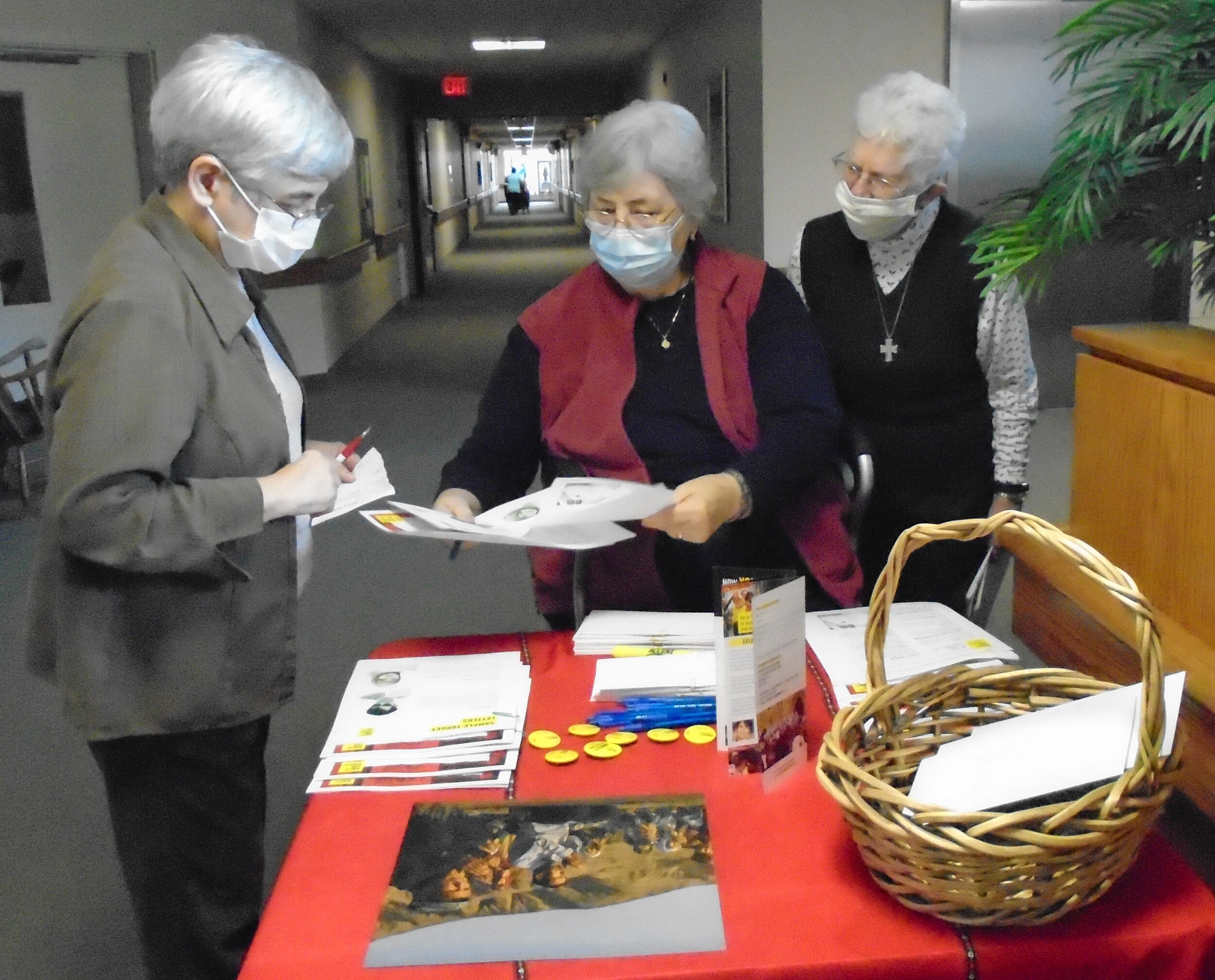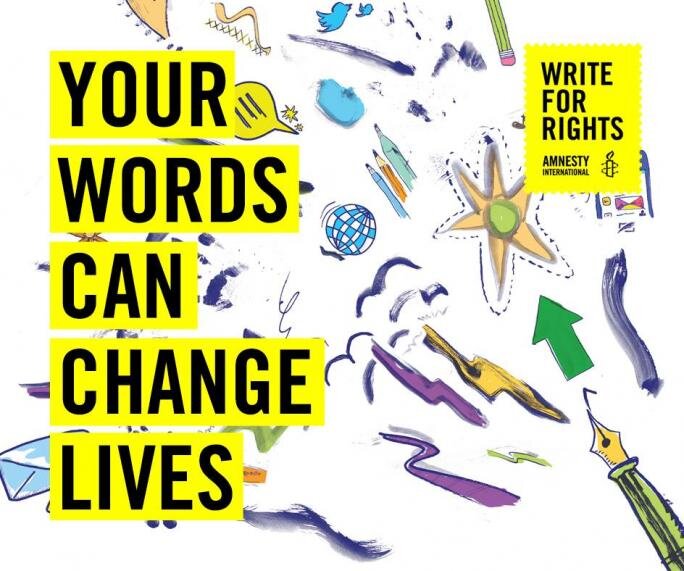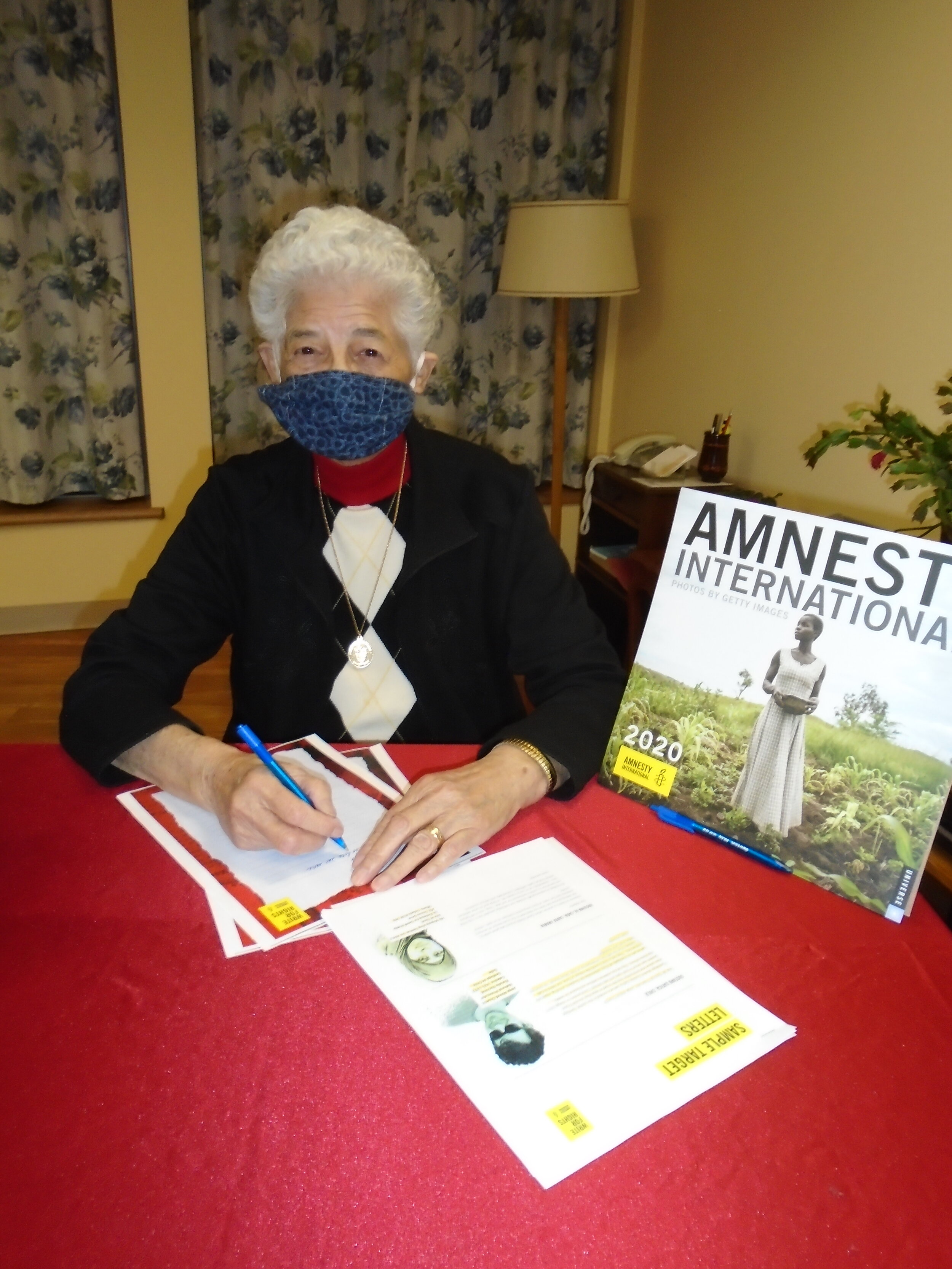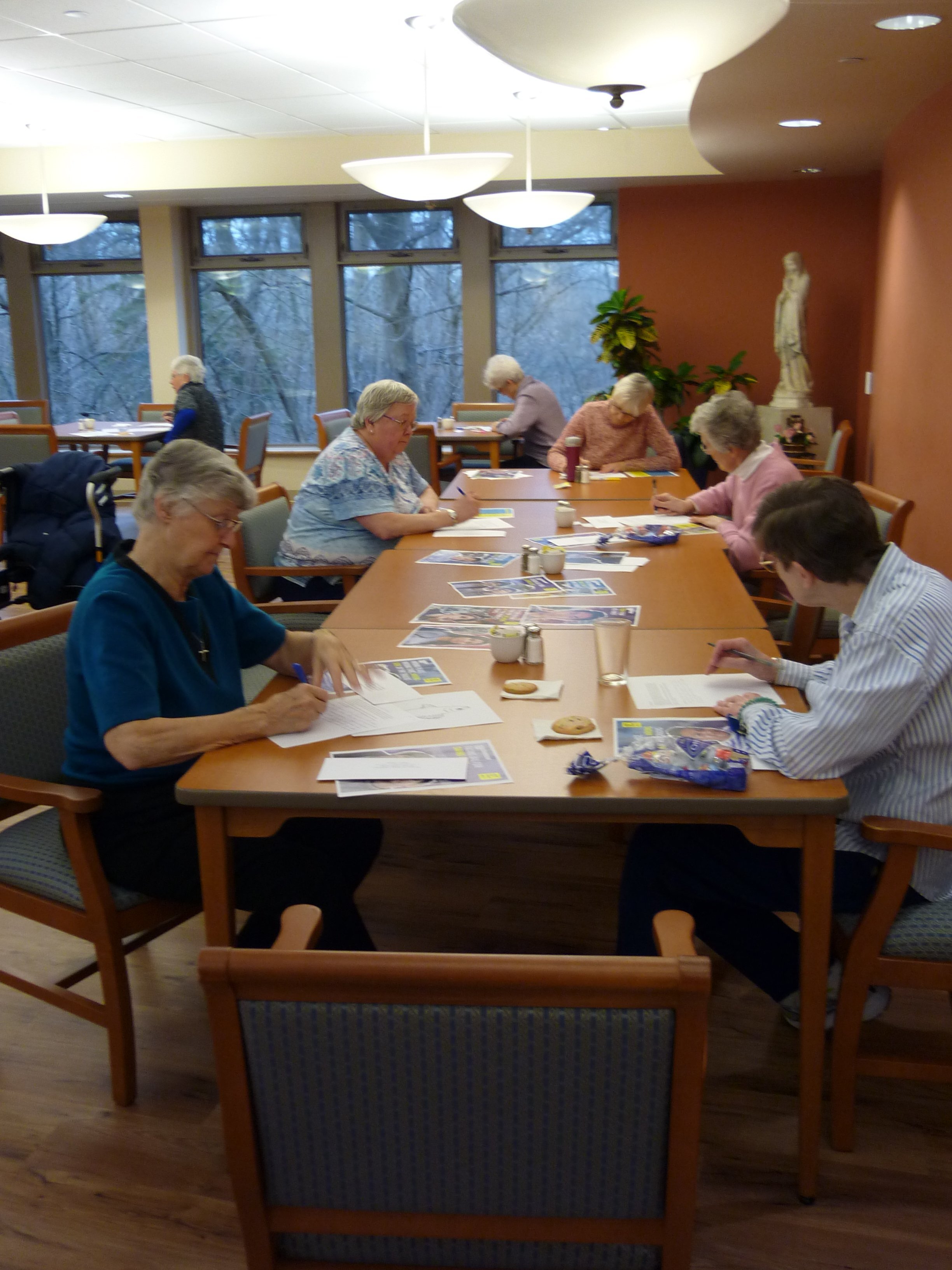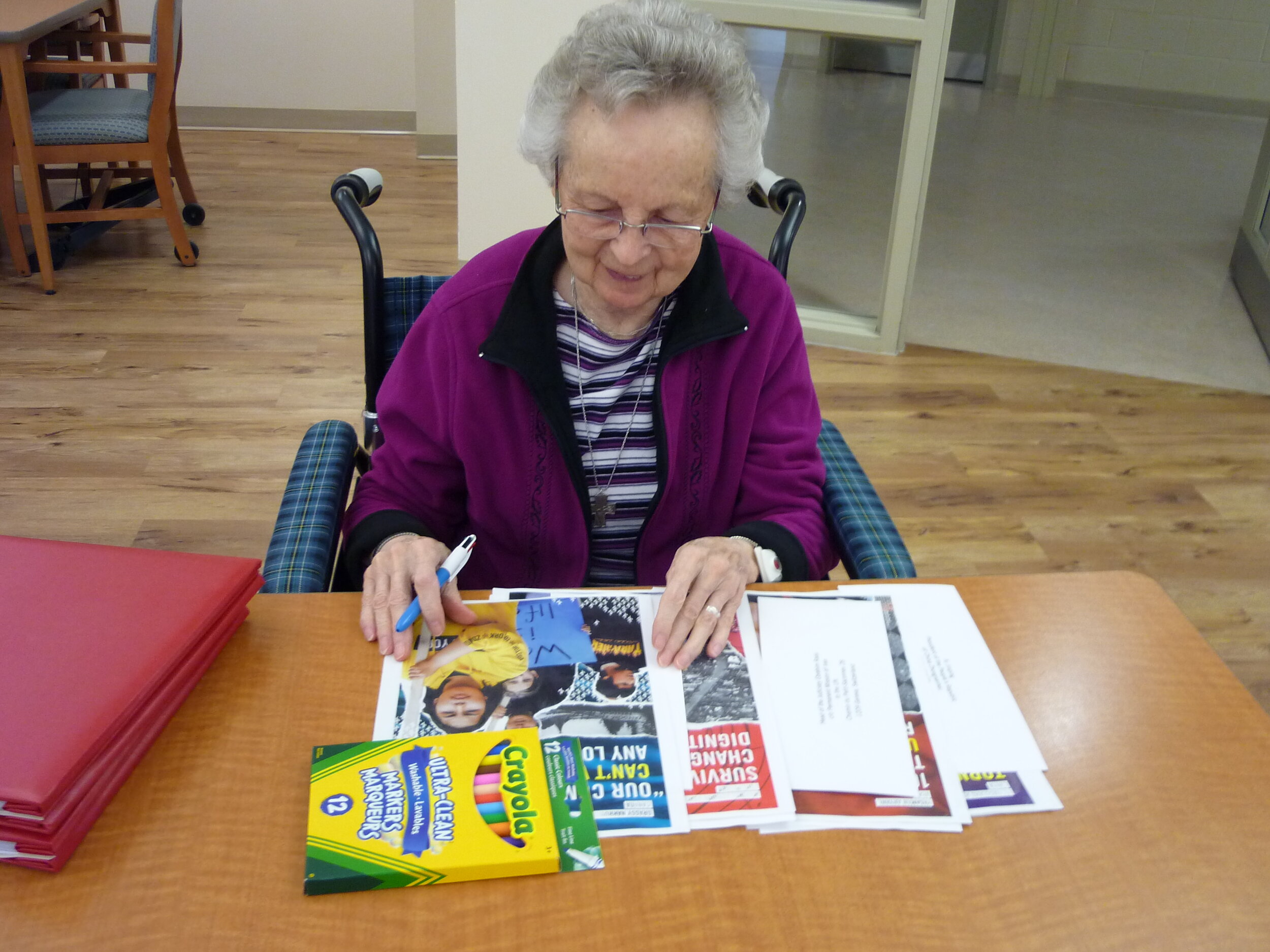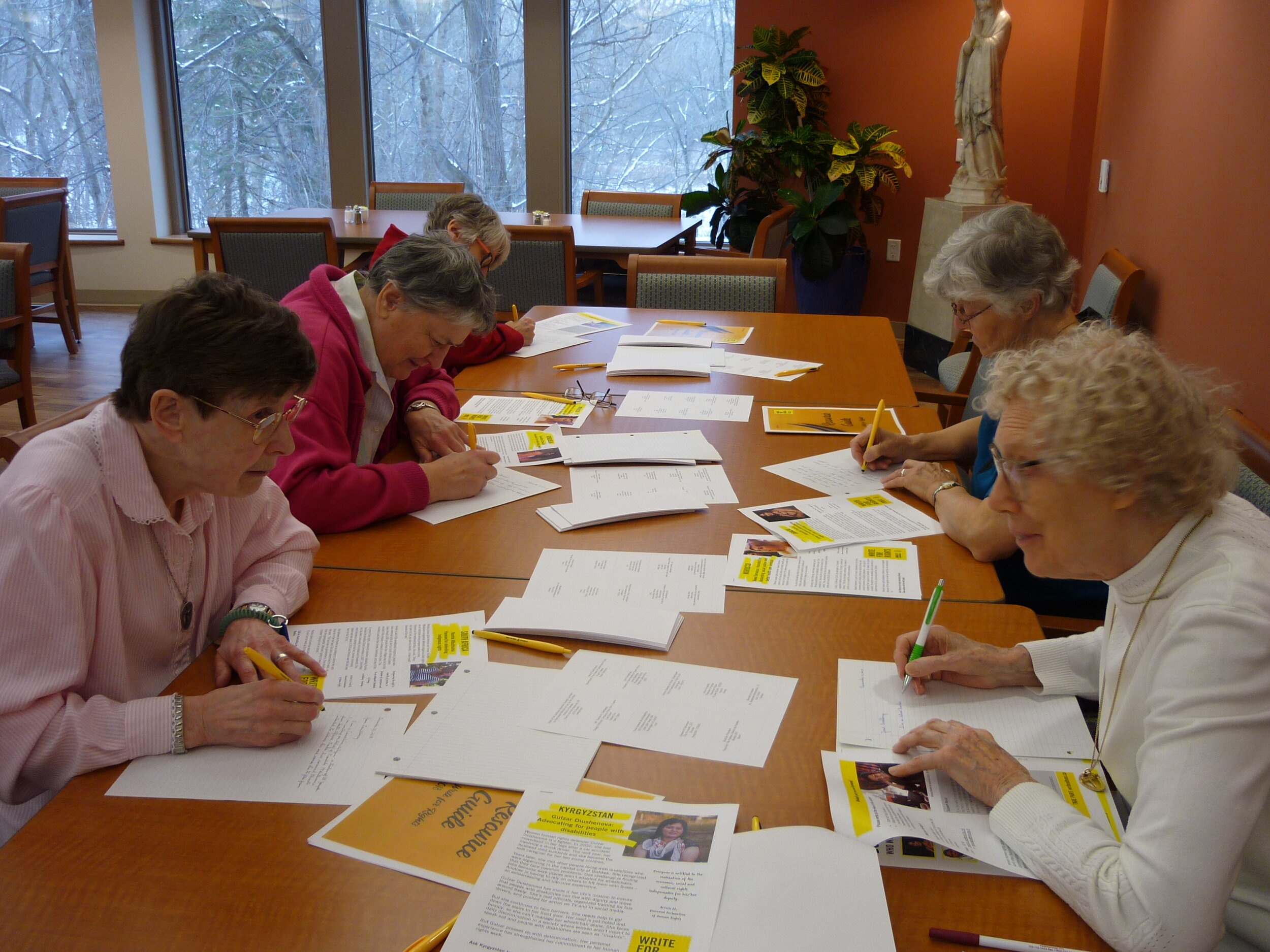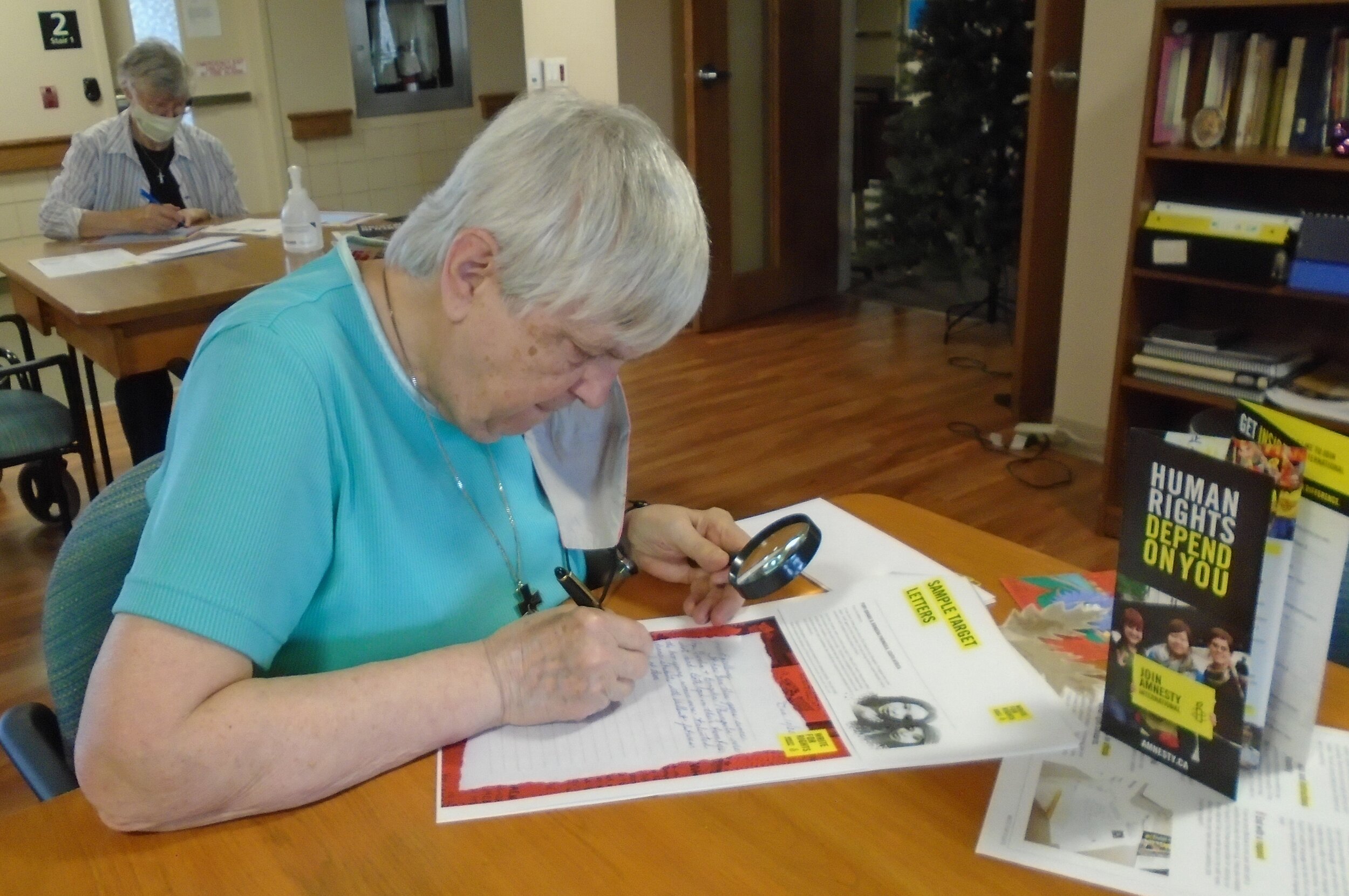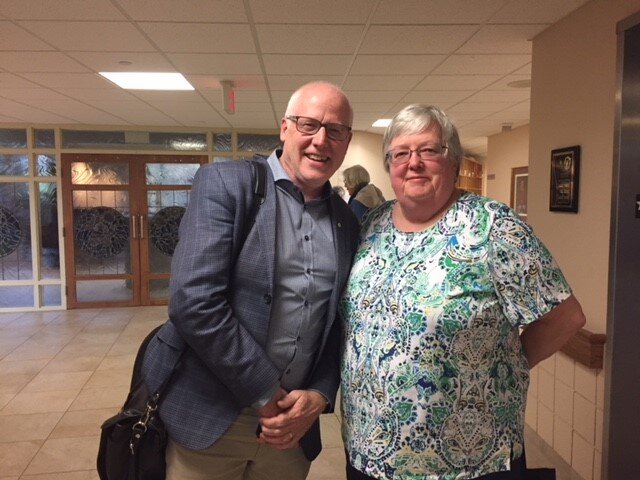What Celebrating/Recognizing National Indigenous
Day in Canada means to me
Boozhoo, Koolamalsi, Greetings,
My name is Wabusk skweow kahetopit (Polar Bear Woman Who is Looking Ahead). I am Anishinabe Lenaapeew (Ojibway/Lenape woman) from the Moravian of the Thames, known today as Eelunaapeewi Lahkeewiit (Delaware Nation).
What it means to me to Recognize and Celebrate National Indigenous Day and National Indigenous History month comes from the experience as a second-generation survivor of the Canadian Indian Residential School system. For me, to be Indigenous are these three action words; resiliency, reclamation, and intergenerational wisdom, my mother. The original waters I come from: My mother was dismembered from her nation, her culture, her identity, and her language due to the impact of patriarchal colonial structures like the Indian Act, the residential school system. My mother had a really difficult time fitting in when she left the residential school. She felt disconnected from her community, her family, and her culture. This had a ripple effect on the next generation. As a little girl growing up I was dismembered, as well. I was raised in a eurocentric colonial system of racism, bullying that led me to believe that “I am not good enough”, which stripped away my sense of self-worth and my identity. It was in the late 90's I began my process of recovery and reclaiming my Indigenous heritage.
“ resiliency, reclamation, and intergenerational wisdom”
Miigweech (Thank you) to the Sisters of St Joseph Hospitality Detoxification Centre. In the 1990s, it was there at that particular detox centre in London, Ontario that I started my journey to re-member, re-claim, and re-search who I truly am. I may have stumbled here and there on this Red Path. I did start to believe there was a path that has always been charted for me. It is through ceremony, teachings, and sitting with elders. There was one particular life lesson, I value: and that is to forgive and let go.
“It is time to acknowledge that it is Indigenous Peoples Day every day”
I learned it is the act of resiliency within my own intergenerational wisdom that I was able to reclaim who I am. I am an Anishinabe/Lenaapeew kwe(Lenaapeew/Objiway woman) and Ndaa’miigeyaabi maapii (we are still here).
It is time to acknowledge that it is Indigenous Peoples Day every day and it's about all Indigenous People of Turtle Island (North America) to be able to acknowledge ourselves as resilient Indigenous People. It is a celebration of life as we continue to reclaim who we are.
Therefore, every day when we wake up let us give thanks to the Creator for this breath of life, and give thanks to all of creation, the universe, and our ancestors for blessing us this day to live, love, and re-learn.
“Let us give thanks to the Creator for this breath of life”
This wise elder whose name translated in english: Pathfinder baa, he who has passed on, taught me this and it is what I live by: “Life is a Ceremony, Ceremony is all about Life”. This is what it is to me to be Indigenous and to recognize National Indigenous Day and National Indigenous history month.
Miigweech, Anushiik
All My Relations
Wabusk skweow kahetopit (Polar Bear Woman Who is Looking Ahead)
M.Tracey Whiteye









